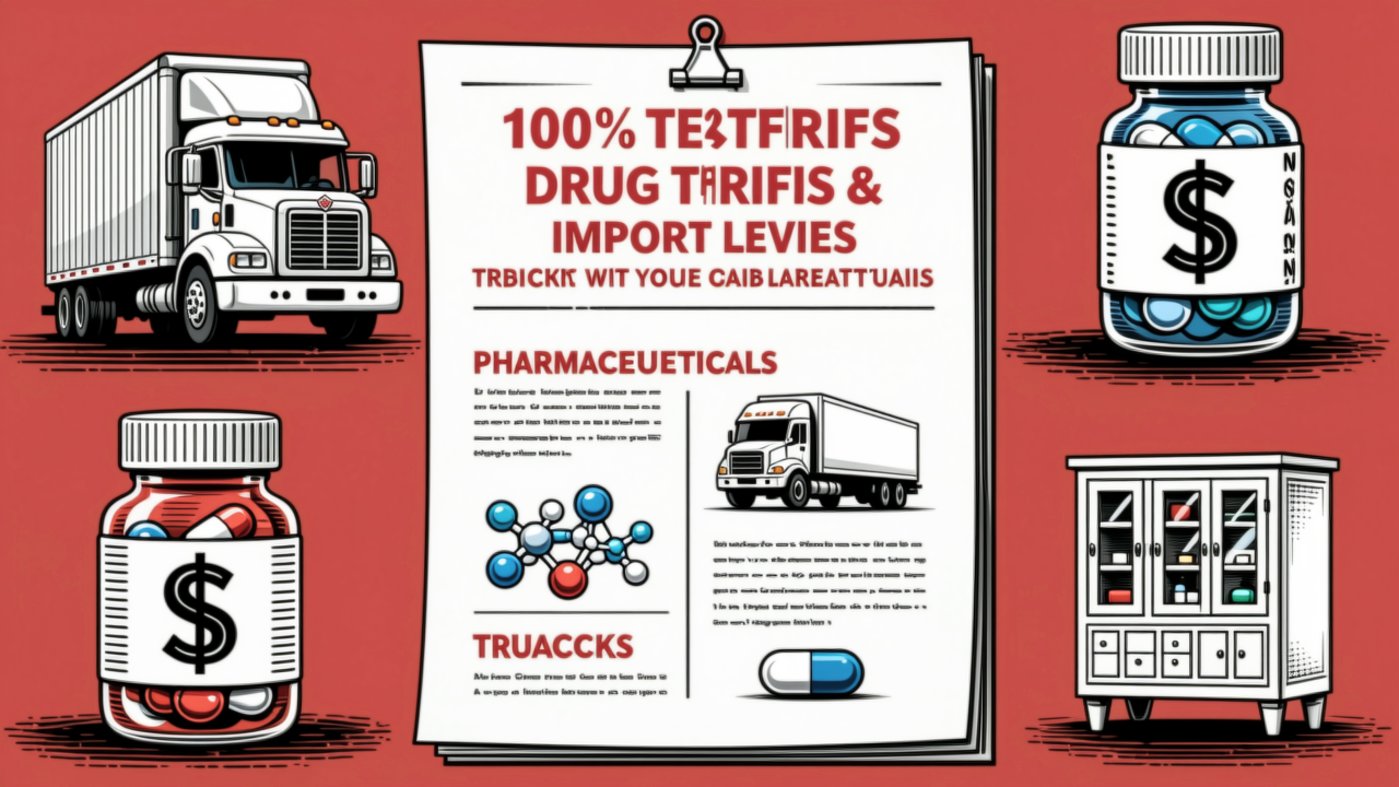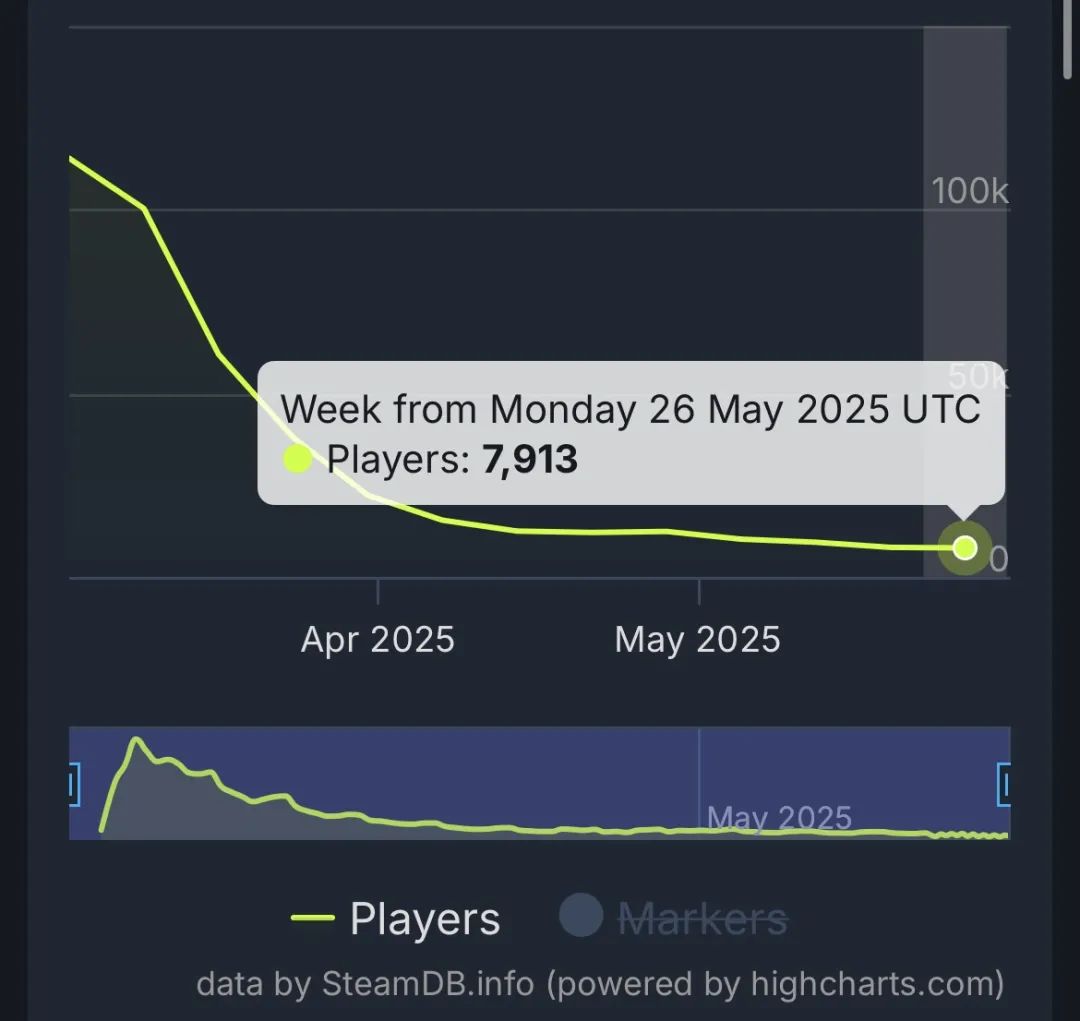TMTPOST -- U.S. President Donald Trump on Thursday previewed a new wave of sectoral tariffs up to 100% coming next month.

AI Generated Image
In a slew of posts on his social media platform Truth Social, Trump announced he will impose a 100% tariff on all branded or patented pharmaceutical products, a 50% Tariff on all Kitchen Cabinets, Bathroom Vanities, and associated products, a 30% Tariff on Upholstered Furniture, and a 25% tariff on all heavy trucks. All of these levies will come into effect on October 1.
Trump said the new tariffs on kitchen and bathroom cabinets, along with certain furniture, resulted from other countries』 large scale of 「flooding」 into the United States, which he described as 「very unfair」 practice. The tariffs aim to protect the U.S. manufacturing for national security, among other reasons.
The heavy truck levies are also part of efforts to save domestic manufacturers. They will protect U.S. companies, such as Peterbilt, Kenworth, Freightliner, Mack Trucks, from 「the onslaught of outside interruptions」, Trump said, citing reasons, including 「above all else」, national security.
As to the drug tariffs, Trump said companies 「building」 their pharmaceutical manufacturing plants in America would be exempted from such levies. He clarified that the 「building」 means the plant is 「breaking ground」 and/or 「under construction」. 「There will, therefore, be no Tariff on these Pharmaceutical Products if construction has started,」 the president wrote in his post.
The Trump administration has already used this tool to raise levies on aluminum, cars, car parts, and steel, and has launched 232 investigations into seven other types of products such as pharmaceuticals, lumber, semiconductors.
The new drug tariffs could impact major producers of branded pharmaceuticals - including the UK, Ireland, Germany, Switzerland and Japan. In 2024, U.S. imports of pharmaceuticals nearly tripled to around $213 billion from a decade earlier, according to data from the United Nations Comtrade Database.
The threat of tariffs on pharmaceutical imports has been intensified since the Trump administration in April opened a Section 232 investigation into how importing certain pharmaceutical products affects national security. The move was widely seen as a prelude to initiating tariffs on drugs.
Trump during a Cabinet meeting on July 8 disclosed steep tariffs on the pharmaceutical sector will be announced 「very soon」, while he could offer the pharmaceutical manufacturers at least a year for transition of their production to the U.S. before implementing the tariffs up to 200%.
The White House in late July said Trump had sent letters to 17 major pharmaceutical firms in the West outlining the steps they must take to lower the price of U.S. prescription drugs to 「most favored nation」 (MFN) levels by September 29.
Trump in the letter warned if these companies 「refuse to step up,」 the U.S. government will deploy every tool in its 「arsenal to protect American families from continued abusive drug pricing practices,」 without specifying the possible measures.
Trump last month threatened pharmaceutical tariffs potentially reaching up to 250% over time. "We'll be putting a initially small tariff on pharmaceuticals, but in one year — one and a half years, maximum — it's going to go to 150%. And then it』s going to go to 250%, because we want pharmaceuticals made in our country," Trump said on August 5.






(每经记者、黄辛旭、摄)-75x75.jpg)






















